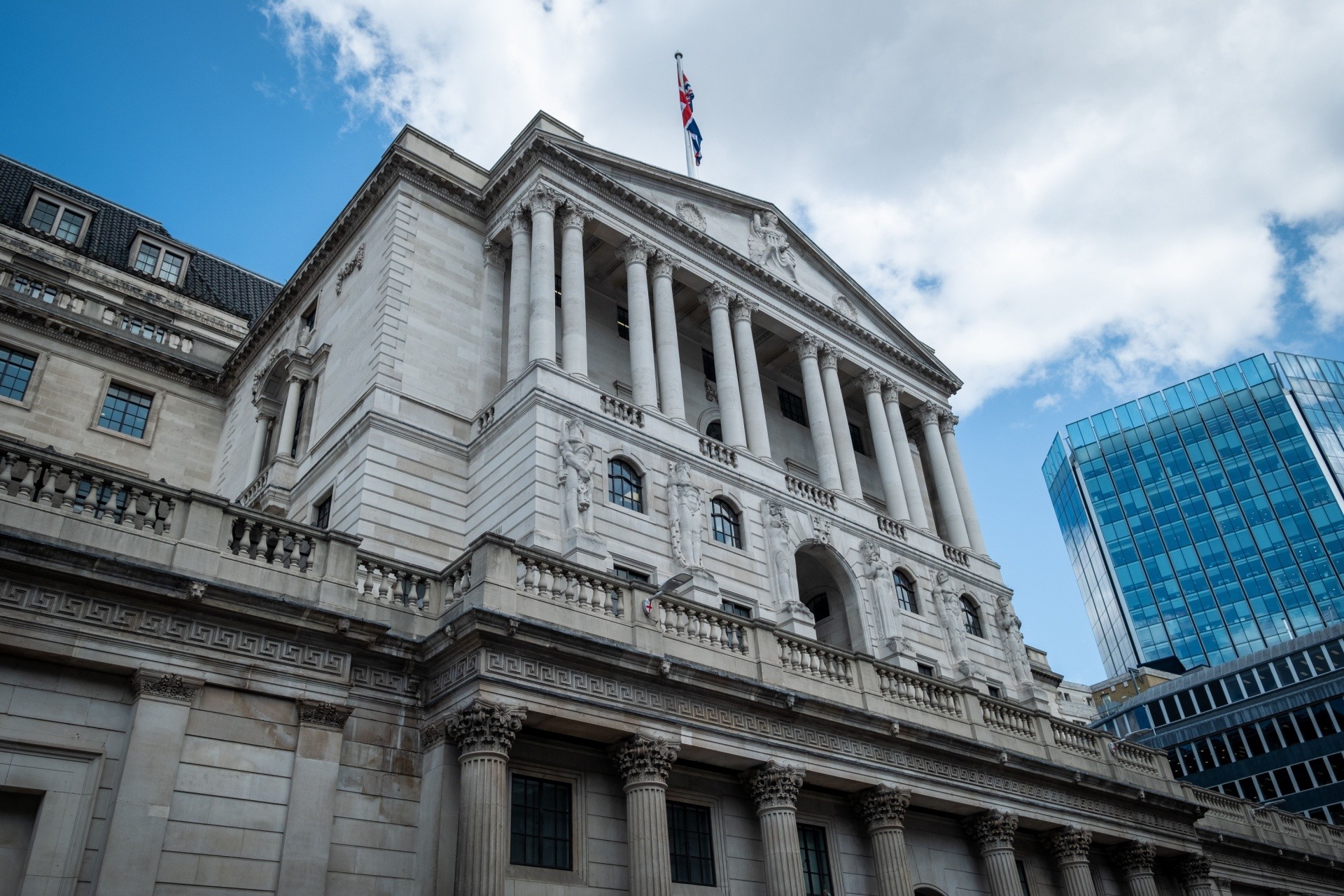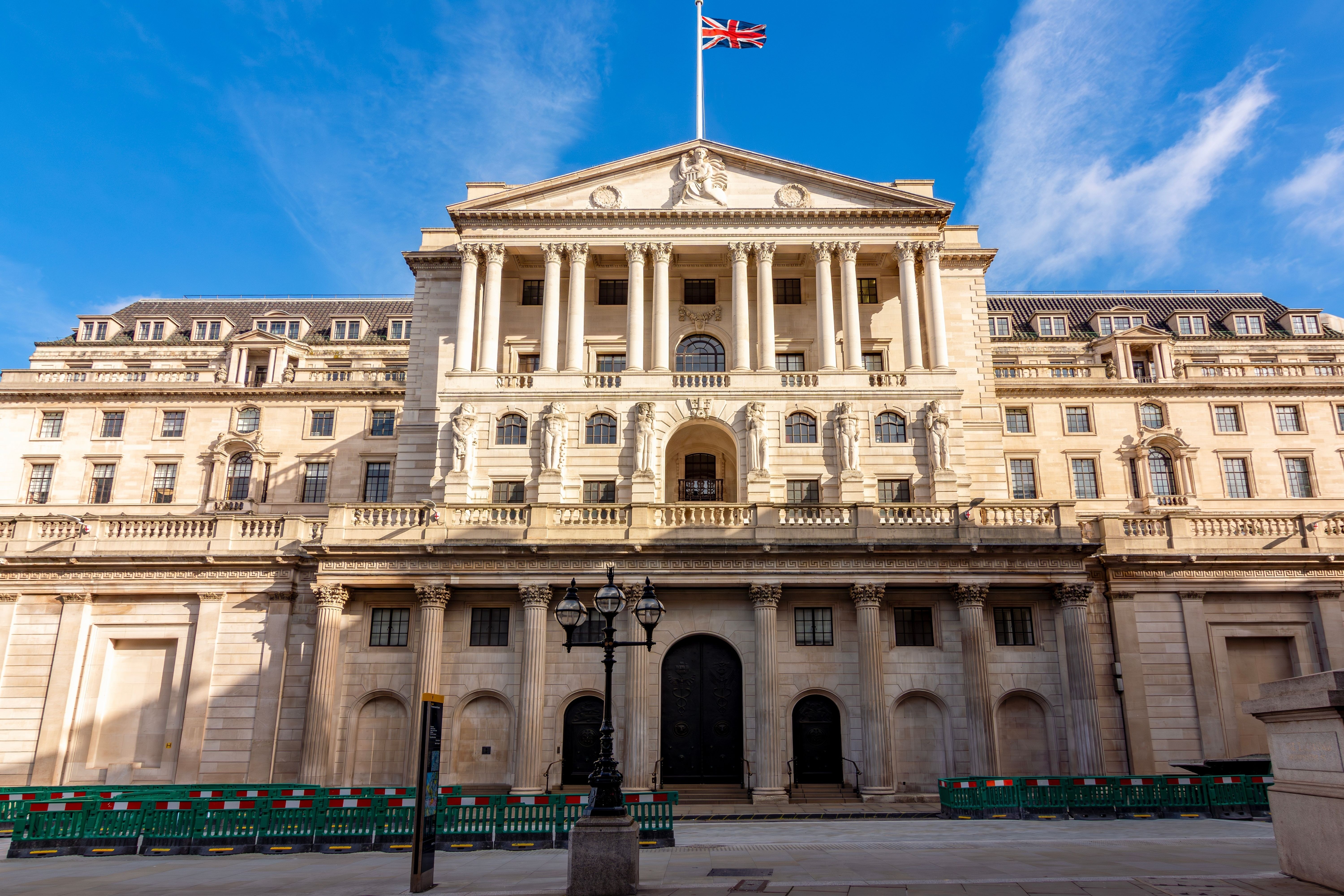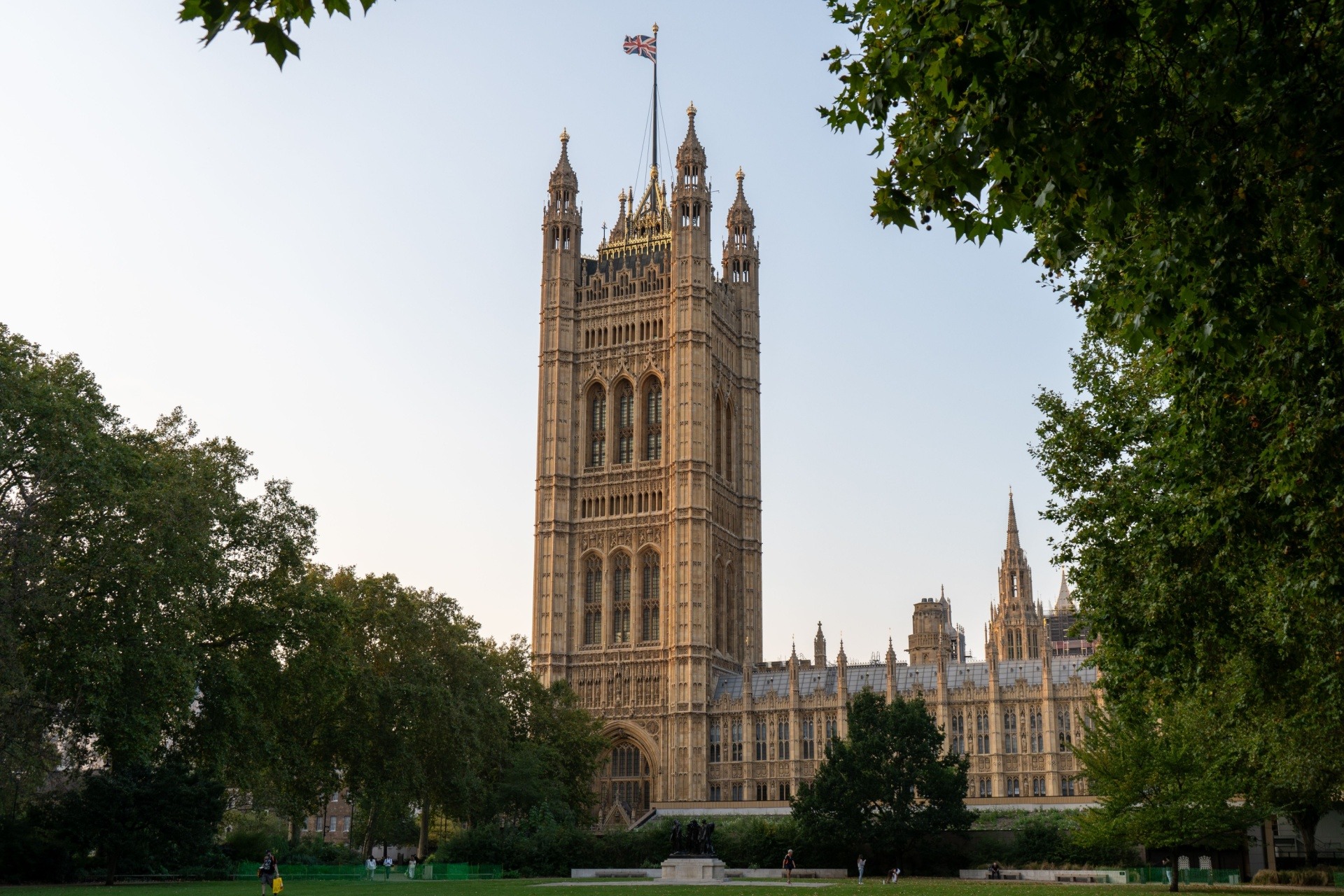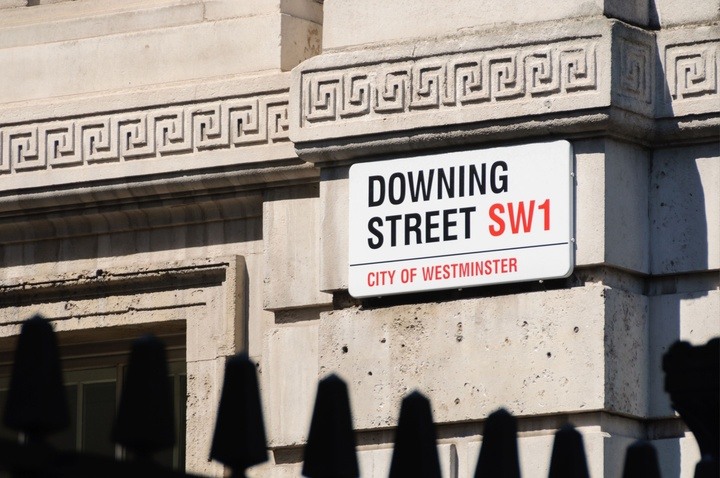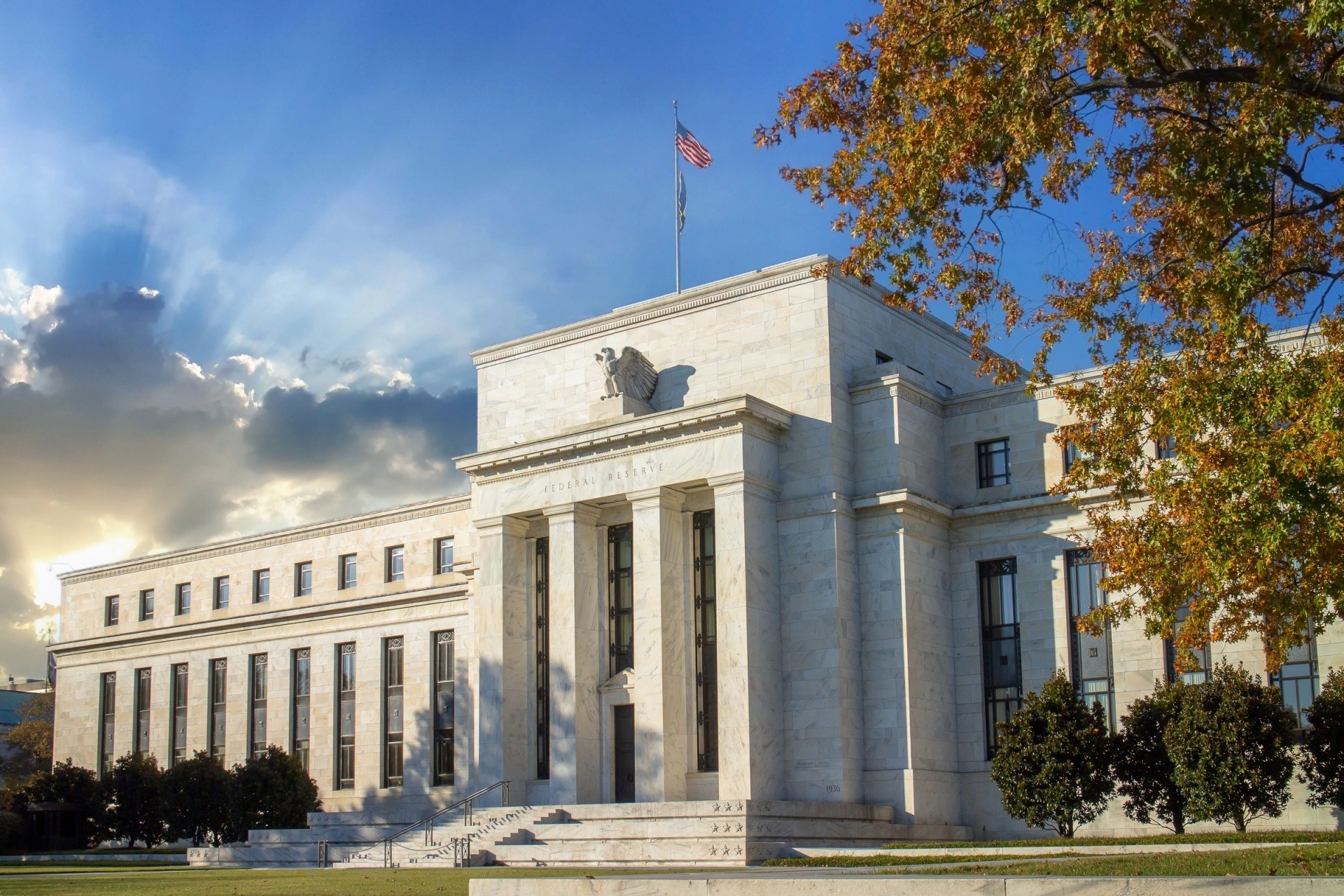Weekly Briefing: Inflation Data Surprises Analysts, Housing Market Jitters, UK Trade Impacts & Insolvency Decline
This week, we dive into the key developments shaping the UK economy, from unexpected inflation figures to the latest trends in the housing market and beyond.
We explore how rising inflation has challenged expectations and what it means for the Bank of England's monetary strategy. Meanwhile, the property market shows mixed signals, grappling with seasonal fluctuations and post-budget uncertainty.
Additionally, we take a closer look at Brexit's ongoing impact on trade and economic policy, as well as a notable decline in business insolvencies—shedding light on how firms are navigating the challenging economic landscape.
Inflation Rises Above BoE Target, Surprising Analysts
- Inflation in the UK surged to 2.3% in October, surpassing the Bank of England's (BoE) 2% target for the first time since September. This was largely due to increases in regulated domestic energy tariffs, following a 1.7% rise the previous month.
- Economists, including the BoE and those surveyed by Reuters, had anticipated a slightly lower inflation rate of 2.2%. Core inflation also rose unexpectedly to 3.3%, defying forecasts for a decline, while services inflation increased to 5.0%.
- As a result, sterling experienced volatility after the release of the data, initially strengthening but later giving up most of the gains. Meanwhile, interest rate futures shifted toward a slower pace of rate cuts, and bond prices dipped.
- Looking ahead, the BoE predicts inflation may reach 2.4% -- 2.5% in the coming months and approach 3% by late 2025, a sentiment echoed by private-sector analysts.
- James Smith of the Resolution Foundation described this as a "triple dose of bad news," highlighting the compounded effects of rising headline, core, and services inflation.
- While rising inflation and economic volatility pose challenges, research by the Resolution Foundation suggests that UK employment figures may be underestimated by nearly one million, improving the overall labour market and economic outlook.
UK Housing Market Shows Mixed Signals Amid Budget Jitters
- November saw a significant drop in UK house asking prices, with the average falling by £5,366 (1.4%) to £366,592, coming in steeper than the typical 0.8% seasonal reduction and reflecting market uncertainty following the autumn budget.
- Despite this, the market remains more active than a year ago, buoyed by optimism from interest rate cuts. The Bank of England recently reduced its base rate to 4.75%, although mortgage rates have inched upward due to rising swap rates and global economic factors.
- Currently, the average two-year fixed mortgage rate stands at 5.49%, up from October's 5.36%, but still below last year's 6.19%. Similarly, five-year fixed rates increased slightly to 5.22%.
- Rightmove reports that property sales are 26% higher than this time last year, while new listings have risen by 6%. The portal predicts a 4% rise in asking prices for 2025 as easing mortgage rates improves affordability and stimulates demand.
- Tim Bannister of Rightmove noted short-term disruptions due to increased stamp-duty charges but expressed long-term optimism for market growth, stating, "This sets us up for a stronger 2025 in both prices and sales."
Business Insolvencies Decline as Firms Navigate Economic Challenges
- Business insolvencies in England and Wales dropped to 1,747 in October, a 10% decrease from September and 24% lower than October 2023, driven by reductions across all insolvency processes except Receiverships.
- Creditor Voluntary Liquidations (CVLs) accounted for 83% of cases, with their numbers falling by 7% month-on-month and 24% year-on-year. Compulsory liquidations and administrations also saw notable declines, reflecting a more positive trading environment.
- Improved conditions in retail, hospitality, and construction seem to have contributed to this trend, supported by falling inflation and interest rates. However, the impact of increased employer National Insurance Contributions, announced in the budget, remains a looming concern for businesses in the near future.
- Insolvency professionals are seeing increased use of Restructuring Plans by larger firms, although accessibility for SMEs remains limited. Tim Cooper of R3 emphasised the importance of cost management, urging directors to seek expert advice to address potential financial issues proactively.
- John Cullen from Menzies warned that without targeted sector support, insolvency rates could rise in 2025, stating, "Only the most optimistic forecasters would suggest otherwise given the current growth outlook."
Brexit & Trump's Tariffs Impact UK Trade, Says Bailey
- Bank of England Governor Andrew Bailey acknowledged the economic impact of Brexit during his recent speech, describing how trade in goods has declined while services have performed better than expected. He stressed the need to rebuild UK-EU relations while respecting the Brexit decision.
- Chancellor Rachel Reeves echoed the sentiment, advocating for a closer partnership with the EU without rejoining the single market or customs union. She also outlined plans to reform the fragmented UK pension system to encourage growth.
- Economists estimate that Brexit will reduce UK GDP by 4% over 15 years, with food and agricultural exports most affected by new trade barriers. However, some politicians believe a more favourable trade agreement could mitigate these effects.
- Reeves highlighted the need for regulatory reforms to boost the financial services sector, describing it as a "crown jewel" of the economy. A strategy focusing on fintech, sustainable finance, and capital markets will be unveiled in the spring.
- Bailey cautioned against attributing all economic challenges to Brexit, pointing to global shocks and stagnant productivity since the 2008 crisis as other critical factors. He emphasised, "We must address growth barriers to remain competitive globally."
- On a more positive note, some commentators have rightly noted that former President Trump’s "close connections and affinity to the United Kingdom" may present an opportunity for more favourable trade negotiations, potentially offsetting some of the challenges posed by potential tariffs.
Final Note
This week’s briefing highlighted mixed signals in the UK economy.
Rising inflation has challenged the Bank of England's strategy, with core and services inflation on the up, adjustment is needed.
Meanwhile, the housing market has shown volatility. Increasing affordability mixed with decreasing mortgage price rates could paint a more positive picture for the property market going into 2025.
Post-Brexit, the looming challenge of Trump's tariffs presents an opportunity for the UK to move away from the U.S. to strengthen ties with the EU, potentially boosting trade and competitiveness in key sectors.
Finally, the decline in business insolvencies shows firms are adapting, and with favourable interest rates and strategic reforms, the UK economy could be poised for growth despite global uncertainties.
%20(3)%20(2).jpg)
